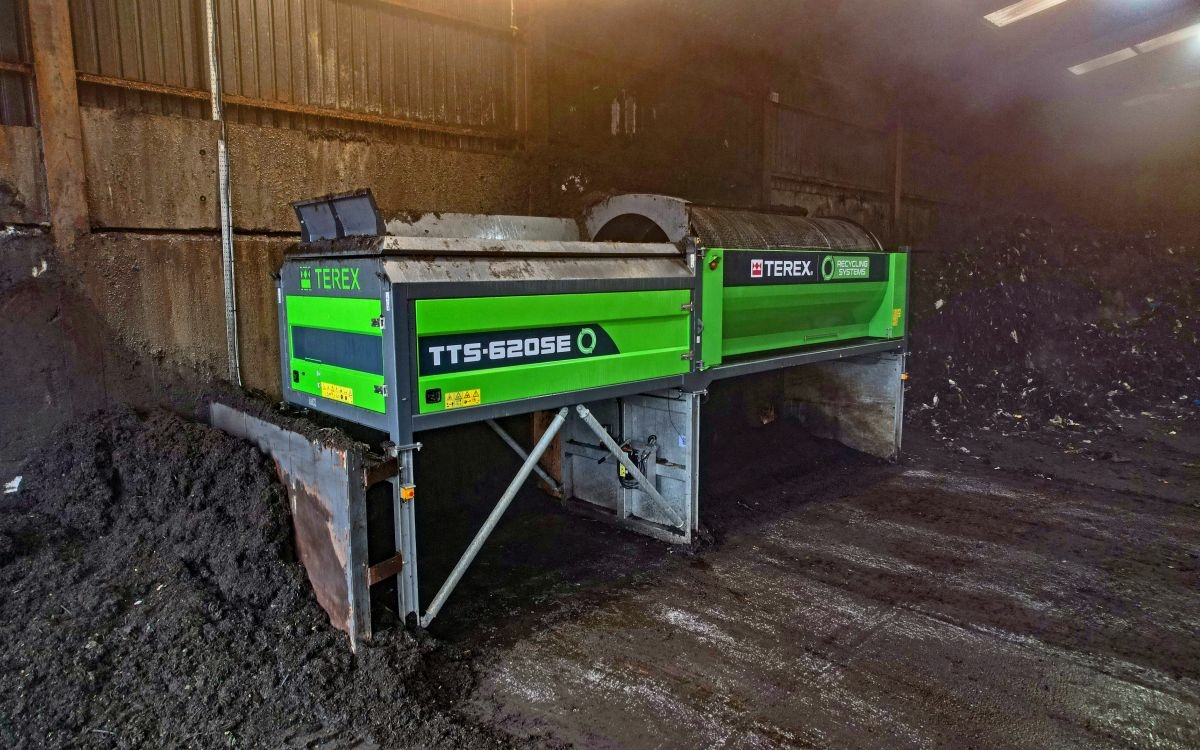Terex Recycling Systems and ZenRobotics expand into Hungary
05.02.2025Terex® Recycling Systems and ZenRobotics® announced Technofix Kft as official distributor for Hungary.
 Ferenc Barath, Sales Manager of Technofix Kft (right) along with his father, Andràs Barath, Managing Director of Technofix Kft
Ferenc Barath, Sales Manager of Technofix Kft (right) along with his father, Andràs Barath, Managing Director of Technofix Kft
© Terex Recycling Systems
Technofix Kft was established to address the sweeping changes in Hungary's waste management sector, building on the 50-year legacy of its sister company, Ebeplan Kft, known for its reliability in industrial machinery installation. By leveraging this expertise, Technofix is uniquely equipped to deliver high-performance, turn-key solutions to an industry in transformation. The strategic alliance between Technofix Kft, Terex Recycling Systems and ZenRobotics not only reinforces the market position of these brands in Hungary but also paves the way for sustained growth across the broader Central European region.
“As Hungary adopts a new state-led concession in waste management, the sector is met with both challenges and opportunities,” said Ferenc Barath, Sales Manager of Technofix Kft. “By working with Terex Recycling Systems and ZenRobotics, we support the expansion of their footprint in Central Europe, by combining our local expertise with their advanced technology to deliver sustainable and efficient waste management solutions.”
Effective immediately, Technofix Kft will have complete access to best-in-class waste management solutions from Terex Recycling Systems, integrated with ZenRobotics’ AI-powered sorting systems.
Rainer Rehn, Regional Sales Manager at ZenRobotics, stated: "Technofix is precisely the agile and visionary partner we need in the Hungarian market. As significant changes loom, embracing cutting-edge technologies will be crucial. Our AI-powered waste-sorting robots, integrated with Terex Recycling Systems' fully automated plants, are ideally suited to meet these demands. With Hungary's rapidly expanding market and a population of 10 million, the development of modern waste management facilities – ranging from large, centralised hubs to smaller, decentralised plants – will be essential."

